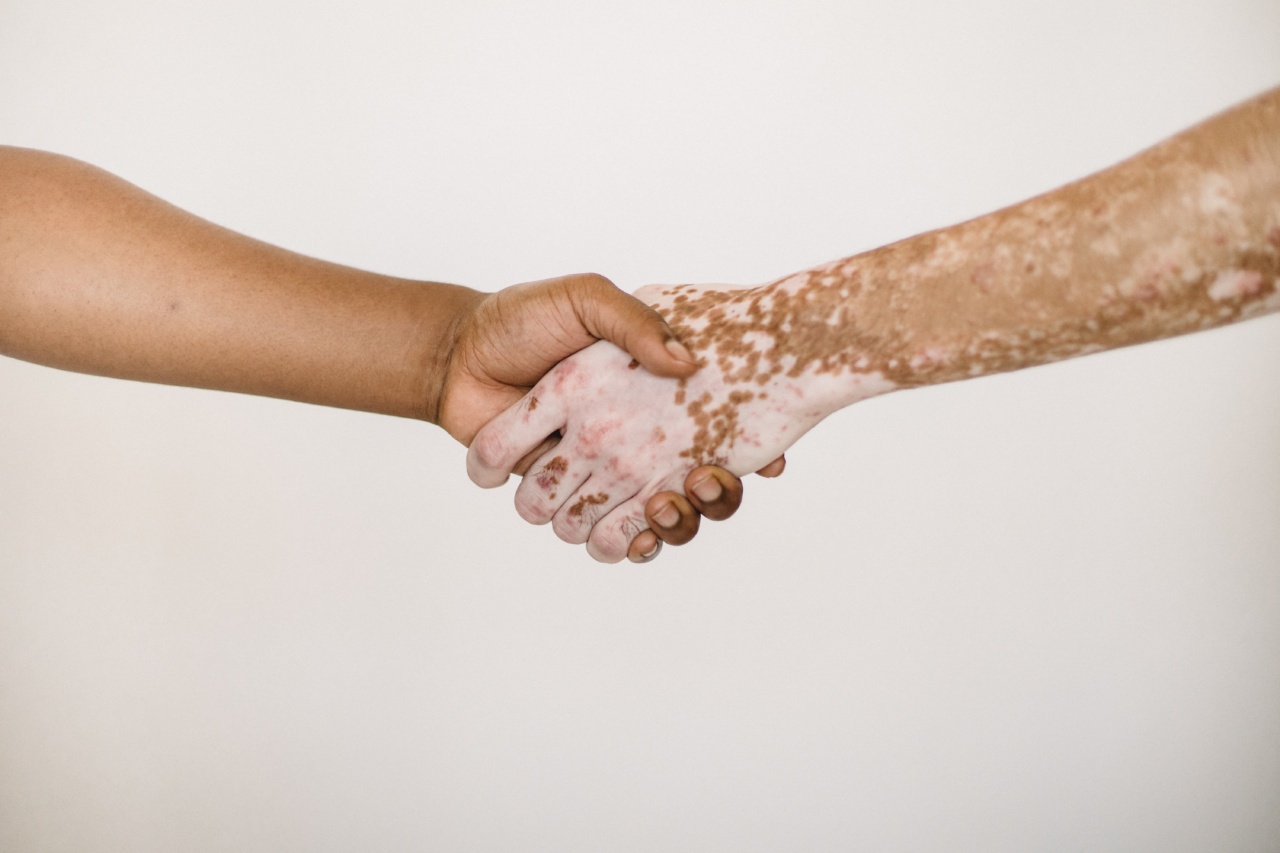Psoriasis is a common inflammatory skin condition that affects around 125 million people worldwide.
It is characterized by patches of scaly, red, and itchy skin, and while there is no cure for psoriasis, there are many treatments available that can help manage symptoms and prevent flare-ups.
Understanding the factors that can trigger psoriasis flare-ups is an essential part of managing this condition. Here are ten of the most common triggers:.
1. Stress
Stress is a well-known trigger for many health problems, and psoriasis is no exception. When you’re feeling stressed, your body releases hormones that can cause inflammation and trigger psoriasis flare-ups.
Managing stress through techniques such as meditation, yoga, or deep breathing can help prevent flare-ups.
2. Infections
Psoriasis is caused by an overactive immune system, so it’s not surprising that infections can trigger flare-ups. Common infections that can trigger psoriasis include strep throat, respiratory infections, and skin infections.
Seek medical treatment for any infections you may have to prevent flare-ups.
3. Alcohol
Drinking alcohol can trigger psoriasis in some people. Alcohol is known to increase inflammation in the body, which can exacerbate psoriasis symptoms. Limiting your alcohol intake or avoiding it altogether may help prevent flare-ups.
4. Certain Medications
Some medications can trigger psoriasis flare-ups in some people. Common culprits include beta-blockers, lithium, and antimalarial drugs.
If you’re taking any medications and notice psoriasis symptoms, talk to your doctor about whether the medication could be contributing to your flare-ups.
5. Weather
Changes in weather can trigger psoriasis symptoms for some people. Cold and dry weather can cause skin to become dry and itchy, which can exacerbate psoriasis symptoms.
Hot and humid weather can also be problematic as sweating can cause discomfort and irritation. Dressing appropriately for the weather and using a moisturizer regularly can help prevent flare-ups.
6. Hormonal Changes
Hormonal changes can trigger psoriasis in some people. This is why some women may experience worsened symptoms during pregnancy, menopause, or during their menstrual cycle.
If you notice changes in your psoriasis symptoms during these times, talk to your doctor.
7. Smoking
Smoking is not only harmful to your overall health, but it can also trigger psoriasis flare-ups. It’s believed that the chemicals in cigarettes can increase inflammation in the body, leading to worsened psoriasis symptoms.
Quitting smoking or avoiding exposure to secondhand smoke may help prevent flare-ups.
8. Trauma to the Skin
Physical trauma to the skin can trigger psoriasis flare-ups in some people. This includes anything from cuts and burns to tattooing and piercings. Avoiding such traumas may help prevent flare-ups.
9. Allergens
Allergens can trigger psoriasis symptoms in some people. These can include anything from pet dander to perfume to certain foods. Identifying and avoiding allergens may help prevent flare-ups.
10. Poor Diet
While there’s no specific diet that can cure psoriasis, eating a healthy diet may help prevent flare-ups.
Eating a diet rich in fruits, vegetables, and whole grains, while avoiding processed foods and sugary drinks, may help reduce inflammation in the body and minimize psoriasis symptoms.






























